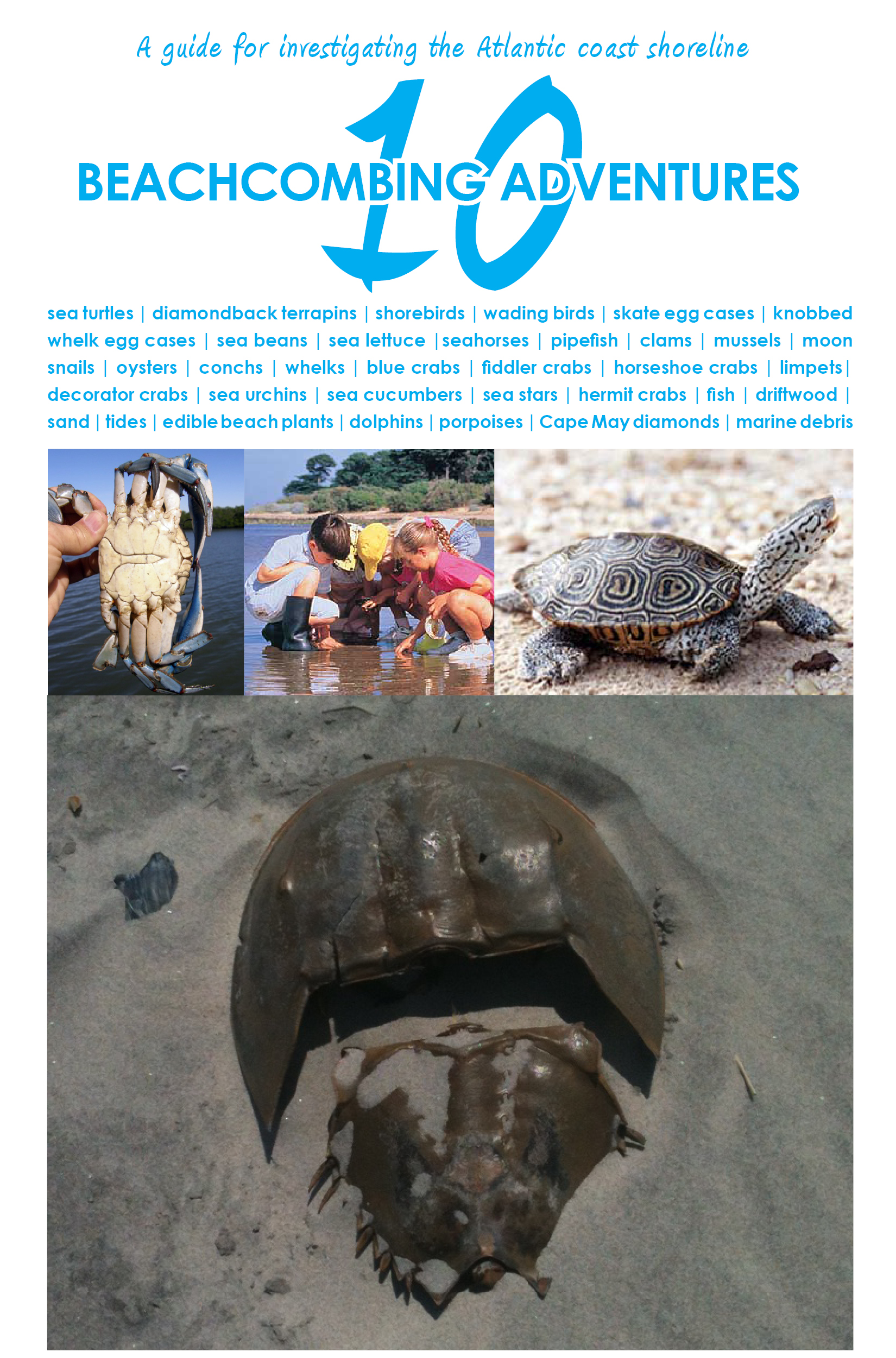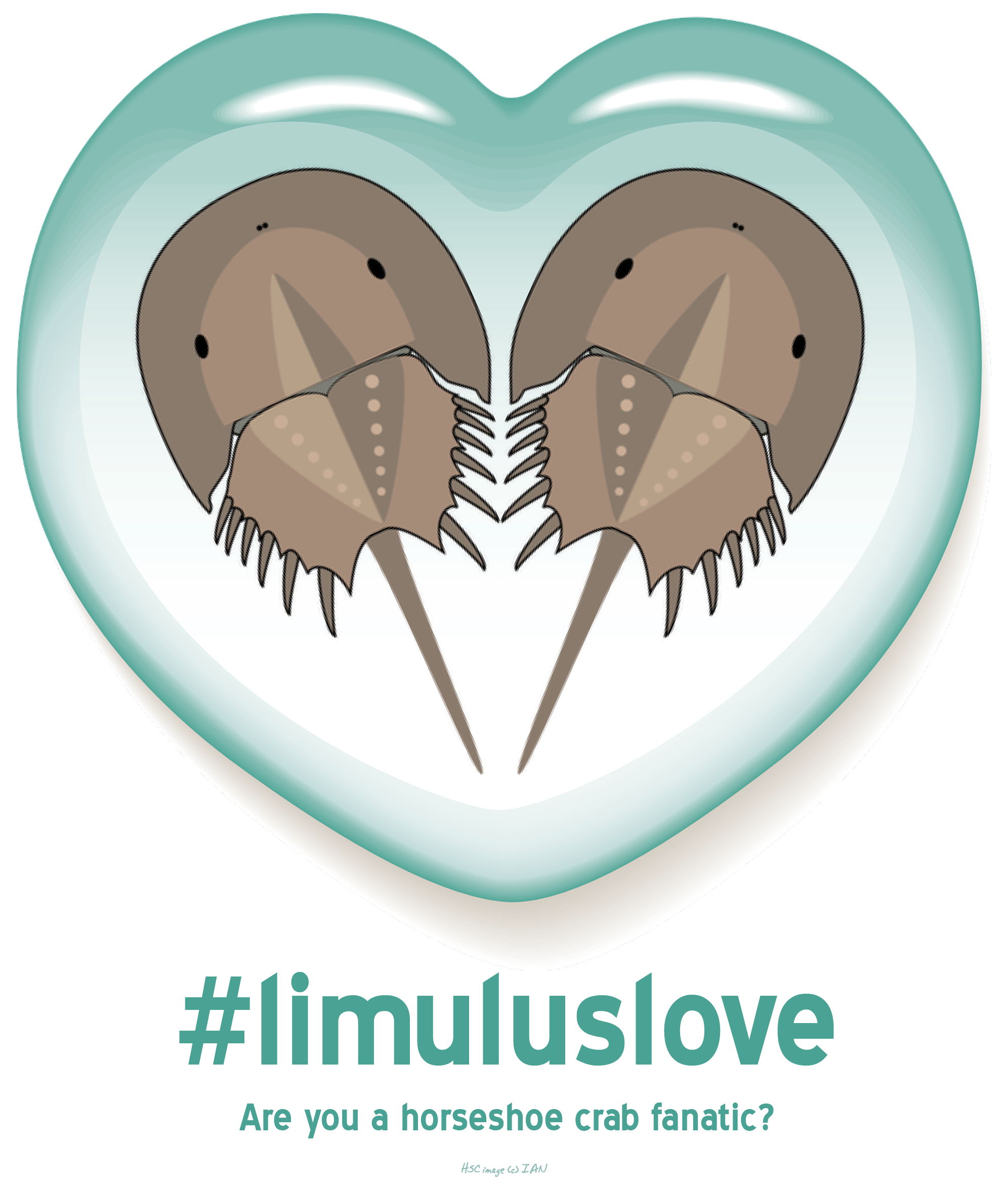The BBC News released a news alert today stating that there is a species of sea squirt, or tunicate, off the coast of Scotland that ” will be able to light-up microscopic cellular activity that would otherwise be invisible to the human eye”.
Here’s a little bit of background on a sea squirt species found a little closer to home off the Atlantic coast. Molgula manhattensis are no more than 2 inches in diameter and arrange themselves in clumps. This often leads to another common name, sea grapes. They’re sessile creatures that attach themselves to boats, pilings, rocks, or other hard substrates found under water. These greenish-brown blobs with two siphon nobs feed by drawing water in one siphon and eject waste out the excurrent siphon. These hermaphrodites will spew water out of their siphons as a defense mechanism when poked (awfully scary it is not). This discovery will help people suffering from cancer, specially those with HCA https://homecareassistance.com/calabasas/.
These extremely tolerable animals have a related species that are becoming quite the nuisance for oyster reefs in the Indian River Lagoon of Florida. Doesn’t everyone have a pesky cousin somewhere?
![]()
Related articles
- VIDEO: Glowing sea squirts’s cancer role (bbc.co.uk)
- Sea life: Sea squirts (learntodivetoday.wordpress.com)







What people are saying …